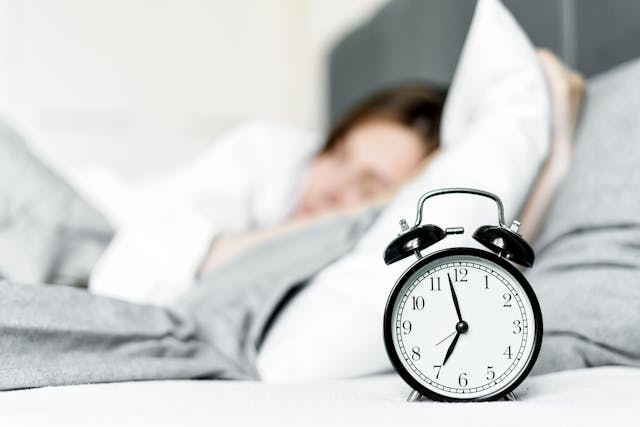Sleep is a cornerstone of good health, yet so many of us struggle to achieve it. Whether you find it hard to drift off or stay asleep, the impact on your physical and mental well-being can be profound. Thankfully, science has illuminated ways to improve your sleep, helping you fall asleep faster, stay asleep longer, and wake up feeling refreshed.
The Science of Sleep Phases
To understand how to improve your sleep, it helps to know what happens during the night. Sleep consists of cycles that move through four stages: three non-REM (Rapid Eye Movement) stages and one REM stage. Non-REM stages include light sleep (a transition period), deeper sleep (when body repair occurs), and the deepest sleep (essential for memory consolidation and physical recovery). REM sleep is when dreams occur, and it’s vital for cognitive function and emotional regulation. Ideally, these cycles repeat four to six times per night.
When your sleep is fragmented or insufficient, these cycles are disrupted, leaving you tired, foggy, or even moody. Optimizing your sleep means encouraging these natural rhythms to flow uninterrupted.

Building Better Sleep Habits
Improving sleep quality begins with setting the stage for success. Start with a consistent sleep schedule—going to bed and waking up at the same time daily, even on weekends, helps regulate your internal clock. Limiting screen exposure an hour before bed is critical; blue light suppresses melatonin, the hormone responsible for sleep onset.
Your environment also plays a key role. Keep your bedroom cool, dark, and quiet. Investing in blackout curtains, earplugs, or white noise machines can make a huge difference. Comfortable bedding tailored to your preferences can also improve sleep duration and depth.
Incorporating calming pre-sleep rituals can signal your body to wind down. Practices such as reading, meditation, or light stretching can lower cortisol levels, making sleep initiation easier. For those who find their minds racing at night, journaling before bed is a great way to offload thoughts and reduce anxiety.

Nutrition and Activity for Restful Sleep
What you consume during the day significantly impacts your sleep. Avoid large meals, caffeine, and alcohol close to bedtime as they can disrupt your ability to fall and stay asleep. Instead, opt for light, sleep-friendly snacks like bananas, almonds, or warm milk, which contain tryptophan—a precursor to melatonin.
Daily exercise is another powerful tool for better sleep. Moderate physical activity, especially in the morning or early afternoon, enhances the depth of non-REM sleep. However, avoid intense workouts close to bedtime as they may energize you and delay sleep onset.

What to Leave Behind
Certain habits can sabotage your sleep, even if they feel innocuous. Late-night scrolling on your phone or binge-watching TV may seem like ways to relax but can stimulate your brain, delaying sleep. Similarly, lying awake in bed for extended periods can create an association between your bed and wakefulness. Instead, if you can’t sleep after 20 minutes, get up and do something calming until you feel drowsy.
Sleeping pills may offer a short-term solution but aren’t ideal for long-term use. They can disrupt the natural sleep architecture, reducing time spent in the restorative stages. Instead, explore non-pharmaceutical options like melatonin supplements (in consultation with your doctor) or herbal remedies such as chamomile and valerian root.

Final Thoughts
Better sleep doesn’t happen overnight, but small changes to your habits and environment can lead to significant improvements over time. By respecting your body’s natural rhythms, creating a sleep-friendly space, and leaving behind practices that harm your rest, you can unlock the restorative power of quality sleep.
Love Life x
References
- Walker, M. P. (2017). Why We Sleep: Unlocking the Power of Sleep and Dreams.
- Hirshkowitz, M., et al. (2015). National Sleep Foundation’s sleep time duration recommendations. Sleep Health, 1(1), 40-43.
- Hublin, C., et al. (2007). Sleep and mortality: A population-based 22-year follow-up study. Sleep, 30(10), 1245-1253.
- Watanabe, T., et al. (2014). Exercise and sleep quality: A systematic review and meta-analysis. Health Promotion Perspectives, 4(3), 101-116.
- Chokroverty, S. (2009). Overview of sleep & sleep disorders. Indian Journal of Medical Research, 131(1), 126-140.

